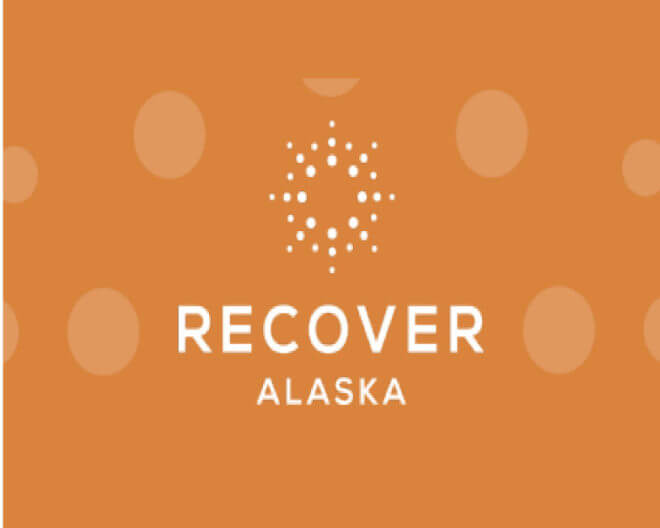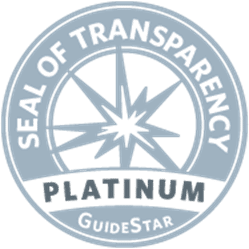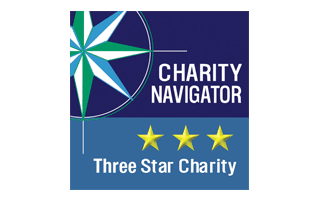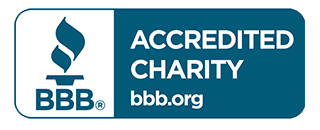WE’RE MAKING OUR COMMUNITY STRONGER BY MAKING IT HEALTHIER.
Communities become stronger as their people become healthier. Nowadays, an important part of achieving and maintaining health requires that people can secure health insurance. When they do, they can schedule appointments and receive the care they need. We’re here to help.
Better wellbeing
People are more likely to succeed in school and at their jobs when they’re healthy. Their successes help them have a better quality of life and improve their communities. We are committed to connecting every Alaskan to quality, affordable health insurance.
Get coverage
Our healthcare navigators help Alaskans explore plans, find cost savings, enroll in, change or ask questions about health insurance plans at HealthCare.gov. They also help with Medicaid and Denali KidCare enrollment.
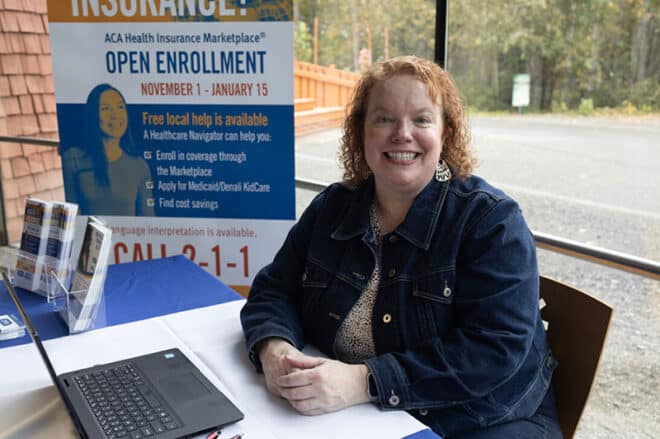

Access to Health Care
Health care access is critical to overall well-being and the ability to participate in our community. United Way is committed to connecting Alaskans to quality, affordable health insurance coverage.
Health Insurance Marketplace® at HealthCare.gov
Open Enrollment for 2024 has closed.
Special enrollment Period going on now.
Outside of Open Enrollment, you can enroll in or change a Marketplace plan only if you qualify for a Special Enrollment based on certain life changes or your estimated household income. Details vary based on the life change. Life changes include such things as:
• Losing Medicaid or job-based health insurance
• Having married
• Had a baby or adopted a child
A United Way Healthcare Navigator can determine if you qualify. The help is free, unbiased and confidential with information and enrollment assistance available by phone, online or in-person. Let a Healthcare Navigator answer any questions you may have and help you:
• Find the right Marketplace plan for you and your family.
• Apply for coverage at HealthCare.gov, including finding and applying for cost savings.
• Enroll in Medicaid and Denali KidCare.
To connect with a United Way Healthcare Navigator:
CALL 2-1-1
or 1-800-478-2221
or TEXT GetCoveredAK to 898-211
You can also connect with a Navigator at various events across the state:
| ANCHORAGE AREA EVENTS | |||
| DATE | CITY | EVENT/LOCATION | HOURS |
| MAT-SU AREA EVENTS | |||
| DATE | CITY | EVENT/LOCATION | HOURS |
| August 22, 23, 29 and 30 | Palmer | Alaska State Fair Alaska State Fairgrounds | All day |
| FAIRBANKS AREA EVENTS | |||
| June - September | South Fairbanks | Southside Community Farmers Market 24th & Rickert St. | Tuesdays 4 - 6:30 p.m. |
| August 4 | Tanana Valley State Fair | Tanana Valley Fairgrounds | |
A Denali KidCare Partnership
Every child in Alaska deserves to have the best start in life, but Alaska consistently ranks in the top five states with the most uninsured children. Kids who are uninsured are more likely to have unmet health needs which can lead to lifelong challenges, and we want to turn this around. That’s why Alaska Children’s Trust partnered with Alaska 2-1-1 to launch the Denali KidCare help text line.
If a child in your care is currently uninsured, text KIDCARE to 898-211 to see if they are eligible to receive FREE health care and receive free, confidential support from a United Way Healthcare Navigator to enroll in the program.
Helping Families Save on Prescriptions
One of the biggest barriers to health can be the affordability of prescription drugs. United Way is working with the SingleCare Community Service Partnership to help people get their much-needed prescription medications they otherwise wouldn’t be able to afford.
The SingleCare Prescription Discount Card provides discounts of up to 80%, is available for free to everyone, and requires no paperwork. Get yours today.
Recover Alaska
Alcohol overuse is the top health issue for Alaskans. United Way is partnering with this coalition working to reduce the harm caused by excessive alcohol consumption in Alaska through systemic change. The focus is on long-term improvements that will increase understanding about the effects of excessive alcohol use, change social norms, and improve access to information about treatment.

